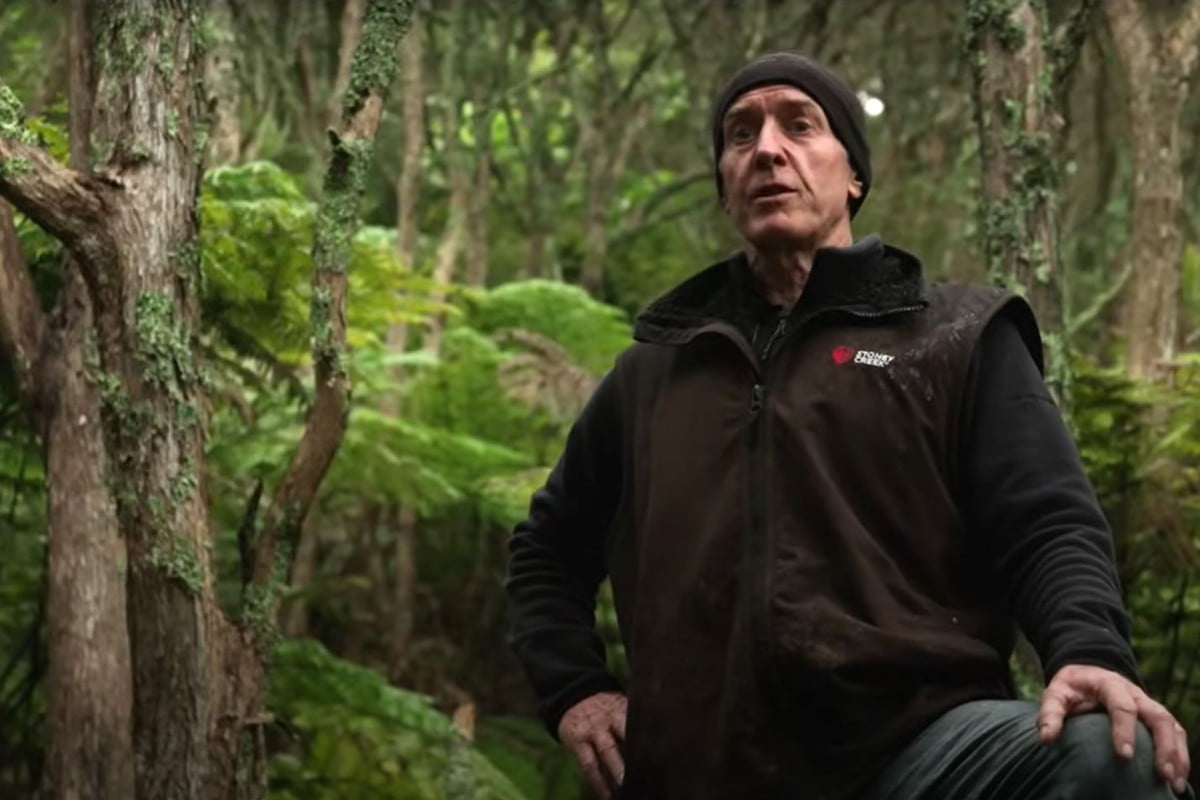International Customers Value Different Attributes of Our Food and Beverages than Our Export Producers Do
The things that make international consumers willing to pay more for Aotearoa New Zealand’s food and beverages are not always consistent with what our food producers think international consumers value.
The things that make international consumers willing to pay more for Aotearoa New Zealand’s food and beverages are not always consistent with what our food producers think international consumers value.
This value discrepancy has been articulated in new Our Land and Water research. The findings show that most international customers are more likely to value food and beverages that are organic, GMO-free and 100% pasture-raised.
Meanwhile, New Zealand food producers think international consumers are more likely to value high-quality, safe food and beverages, produced with less environmental impact.
The survey has been conducted five times from 2016–23 to build up a profile of what whets international customers’ appetite to pay more for the food and beverage products that New Zealand exports. Participants were asked to rank the importance of factors in achieving higher product value from lower volume.
“GMO-free can act as a proxy for other attributes that consumers value,” says lead researcher, Timothy Driver from the Agribusiness & Economics Research Unit (AERU) at Lincoln University. “For example, GMO-free can be tied to the idea that food and beverages are more ‘natural'. It also feeds into animal welfare and health, meaning no antibiotics and no hormones.
“We have identified segments of international consumers that want to know how natural their products are and that are happy to pay a premium for this.”
Yet there are nuances in each market. Where people live influences their understanding of what makes up certain attributes and how these combine to deliver value.
“We have shown that many consumers value good environmental practice, but when you dig into this, the sub-factors vary depending by geographical region,” says Timothy. “For example, in East Asia, air quality is relatively more important, and the value of pasture-raised can tie into this quality.”
This long-term study shows how essential it is to conduct regular research to know what we are basing our export strategies on.
Now more than ever before, international customers are also considering the social and cultural aspects of the way their food is produced. This may include broad attributes, such as how food is farmed using Māori principles.
“We need a lot more understanding about the social and cultural aspects of what international consumers value,” explains Timothy. “When we think about Māori food production, we need to consider how we communicate the story behind the tikanga and mātauranga Māori being applied.
“The question is, ‘Do our exporters understand the importance of this?’ The research shows it depends on of the structure of the value chain and the effective communication of the provenance story of their exported products.”
This long-term study shows how essential it is to conduct regular research to know what we are basing our export strategies on.
“The export market is very time-sensitive and we need the most up-to-date information to be valuable to exporters,” says Timothy. “Yet it’s entirely possible that this and similar research studies will not continue to be funded and that may impact Aotearoa’s ability to unlock future export potential.”
Read the full research here.
More information:
Author
 View Our Strategy Document 2019 – 2024
View Our Strategy Document 2019 – 2024




Leave a Reply